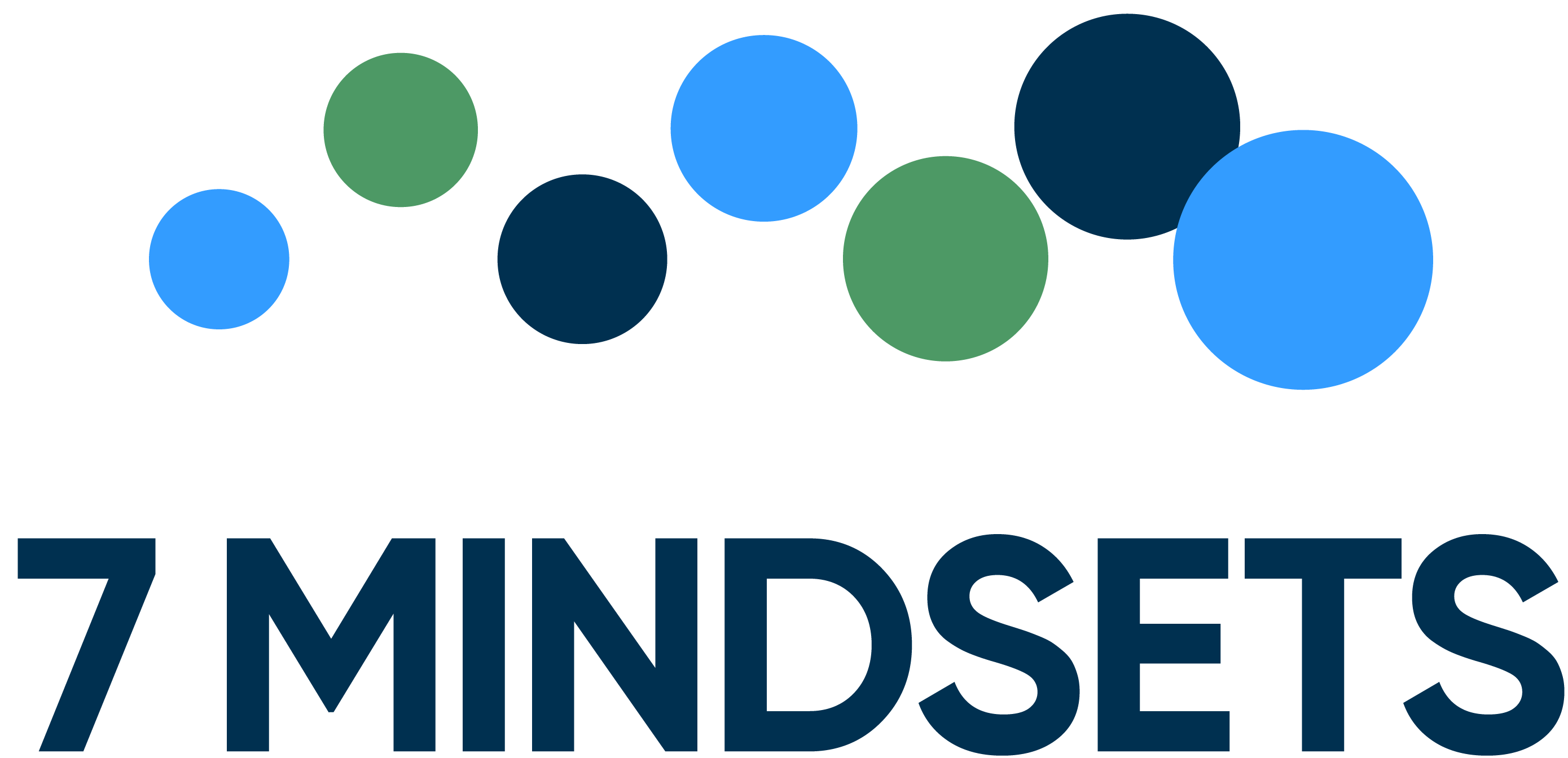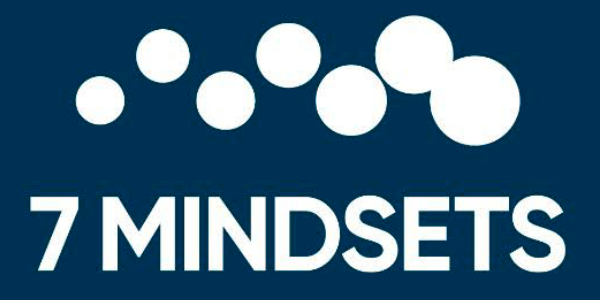Last week, I spent half an hour working with my 7-year-old daughter Sienna on her spelling homework. Laughing, my 12-year-old said spelling was a waste of time, and told Sienna, “Just type the word into the computer and it will automatically give you the correct spelling.”
My initial response was to disagree, but when Sienna typed the word into the computer, it was instantly corrected. It raised the question of how important spelling really is to our children having successful lives.
My kids tend to regularly ask me questions I can’t answer, then tell me to ask Google, like it’s some sort of miracle assistant who’s always available to look things up (well, actually…).
Perhaps you’ve heard of Just in Time (JIT) manufacturing? It’s the optimal manufacturing system for delivering a finished product at the exact time it’s needed.
Theoretically, JIT manufacturing eliminates the need to carry inventory and maximizes cash flow. That’s what Google is like for our brains. It’s right there with the information we need exactly when we need it – any fact about history, science or politics from the leading experts in the world in just seconds.
I really don’t have to carry around inventory, a.k.a., knowledge, on much of anything anymore. The only phone numbers I remember are my wife’s and my own. I doubt I could get anywhere without GPS navigation.
Where am I going with all of this?
With each passing day, what we know is becoming less important than how we think.
I’m not saying we need to stop learning. It’s critical to exercise the brain and gather knowledge; it keeps us curious, makes us interesting, and contributes to our uniqueness.
It’s how we think that promotes growth and success.
Our mindsets matter far more than our skill-sets. To open young people’s eyes to their real worth and the potential of their lives, we have to expand their horizons and increase their expectations. To get kids out of the inner city, we have to change the way they think and how they view the world and their place in it. Those anxiety-ridden privileged country club kids? They don’t need more AP classes, they need opportunities to deal with failure. Children need independence so they’ll gain confidence in overcoming adversity.
Developing incredible skills on top of limited thinking is like building a marble palace on top of a swamp. Without a solid foundation in the mindsets necessary for true happiness and success, any progress made will always be in danger of collapsing.
This is why I’m an advocate for social emotional learning programs in our education system.
Key Reasons Why Mindsets Matter to our Kids’ Futures:
We Don’t Know What We Don’t Know
I play this goofy little game with my kids. I click the button on the car remote control to open our minivan as we’re walking up to it. Acting shocked, I’ll say “Who opened the door?” My kids look at me like I’m an idiot, but opening a car door without any physical interaction with the vehicle would’ve been a miracle not very long ago.
We have no idea how the world will look in 20 years. We don’t know what technologies will dominate our lives, we don’t know what the job market will be like, and we really don’t know the specific issues and challenges our children will face. Industry after industry is becoming obsolete as humanity progresses more rapidly every year.
The best thing we can do is teach our children how to be adaptable. Adaptability is an absolutely necessary skill to survive in a world based on constant evolution. The greatest gift we can give our children is the ability to live and thrive without us. Teaching them a craft won’t give it to them.
Instead, teach them the thought processes they’ll need to negotiate their way through life.
Soft Skills Are Critical
Working on myself for the last 15 years, I found it was the traumatic experiences I had as a child that get in the way of my consistent happiness and success.
This makes me wonder what I’m doing to my own kids. You never know which moment will be the one that matters. It might be a moment of anger misinterpreted, how you interacted with them during a crisis, or sense of humor.

However, it’s also a necessary part of life.
The key to mitigating this damage is to teach them soft skills that will unwind the trauma and heal the wounds. Soft skills give children the power to grow into capable, confident, happy people – not in spite of what you did, but because of it.
Let’s teach our kids to keep positive attitudes, acquire self-knowledge, recognize their ability to self-determine the course of their lives, grow through experiences, advocate on their own behalf, recover readily from adverse circumstances, and stick with the tasks they start.
These aren’t traditional hard skills taught in schools.
Start teaching these soft skills at home, and support their integration into our schools.
The implementation of social and emotional education programs will give our children soft skills necessary for happiness and success.
Our Society is Struggling
Our kids are suffering. According to a UNICEF study, US teens ranked in the bottom quarter among other developed nations in measures of well-being, life-satisfaction, and relationship quality.
According to a study by the University of Pennsylvania, depression is over 10 times more prevalent today than in 1960. The average onset age of depression is now 14 years of age vs. 29.5 just 50 years ago.
We live in a world of unparalleled opportunity and access, but the human condition is in decline. As we’ve gotten exponentially more clever at creating things, our thinking and thought processes haven’t evolved at the same rate. The way we discipline and motivate is largely the same way our parents did. We’re victims of conditioning that causes us to pass outdated thought processes to our children.
Einstein said, “We cannot solve our problems with the same level of thinking that created them.” The world is changing and the issues are expanding, but our thinking remains stagnant.
We must get out of our own way (and theirs). We need to instill the thinking required for happiness and success in the 21st Century. An understanding of the mindsets is critical.
If we don’t, we’ll be throwing our kids into a world that can be frustrating, outdated, and full of sources of anxiety and depression..
Successful parenting is equipping our kids with the tools to be productive and fulfilled in a world we may not comprehend. We can’t tell them exactly how, but we can give direction and support.
Provide them with the mindset training that will help them figure it out on their own.





